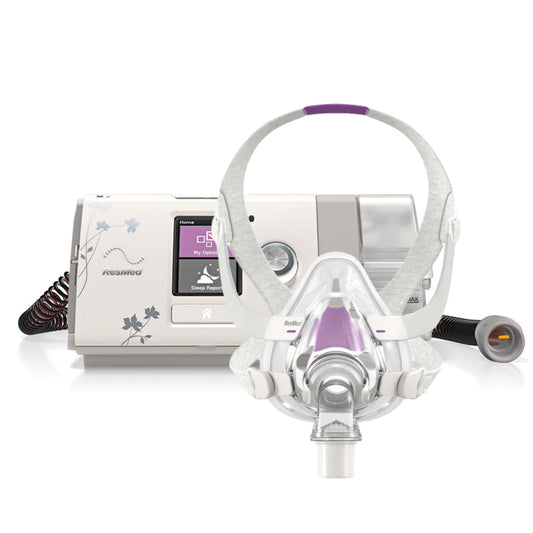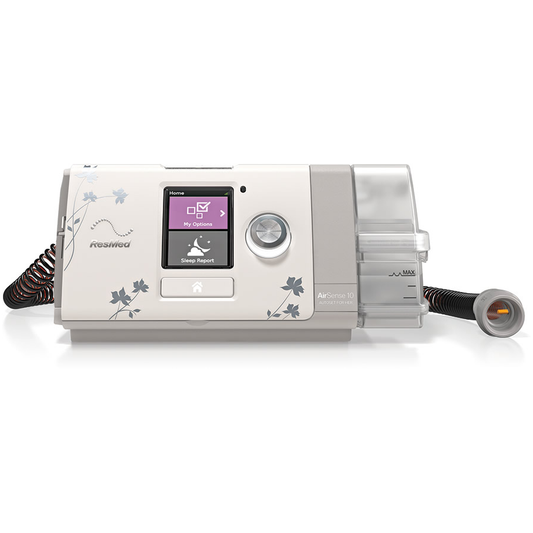A restful night’s sleep is a problem for people with dementia and their caregiver. Dementia may be indicated by change of memory or memory loss, trouble in communicating and diminished cognitive and social capabilities, difficulty in recognizing familiar faces, confusion, and mobility.
What is Dementia?

Dementia is a medical issue but its general terms revolve on the changes a person goes through as it relates to his daily living. If we understand what a person with dementia experiences, we will be better equipped to adjust and modify the social and physical environment to be safe and stress-free.
Studies indicate that close to 50% of people with dementia have abnormal sleep patterns. They are sleepier during the day and have the tendency to be awake at night, or have trouble falling asleep. Their sleep will be lighter and less restful. It is a fact that dementia disrupts a person’s internal body clock.
Causes of Sleep Problems
What could cause changes in sleep pattern? As one age, changes in the way the brain controls sleep occurs. It is possible that the person with dementia is suffering from an undiagnosed health condition that is causing him pain. The sufferer may have had sleep problems when he was younger. Or the environment where he lives is not conducive to sleeping well. His poor sleeping pattern may be connected to breathing or other sleep problems such as snoring, obstructive sleep apnoea (OSA) or periodic limb movements. Some medications taken by people with dementia may affect sleep. These medications are mostly drugs for Parkinson’s disease, pain relievers and antidepressants.
Effects of Sleep Problems
Lack of sleep will eventually lead to lower or poor quality of life wherein daytime functioning is greatly affected. A person who lacks sleep may exhibit sleepiness, tension, lack of focus, mood problems such as depression and anxiety. A person who lacks sleep may talk in his sleep; often waking up and wandering about the house. Even the rest of the family or caregiver spends sleepless nights if the patient wanders about at night.
A person with dementia might wander about because something in his surrounding disturbs him. He could have an unmet need that he cannot express. He could be experiencing pain, loneliness, discomfort, fear and any other range of emotions. He could be pacing back and forth because of boredom. He might be repeating questions over and over again because he cannot comprehend the answer given him.
What Can Be Done?
During the day, a person with dementia should be exposed to bright light or sunlight so the brain could receive the message to be awake. This could regulate his body clock. He should try to stay active by walking or doing some light exercises. Intake of fluids should be decreased by late afternoon onwards. A short nap before lunch is best.
At night, the room should be kept dark and quiet as people with dementia tend to think that a bright bedroom equates to morning. In this case, amber or red lighting is best as they are less alerting. A going to bed routine should be established. If the person has trouble breathing, consult a doctor to rule out or confirm OSA. In case of positive diagnosis, CPAP therapy could easily address this problem.






























